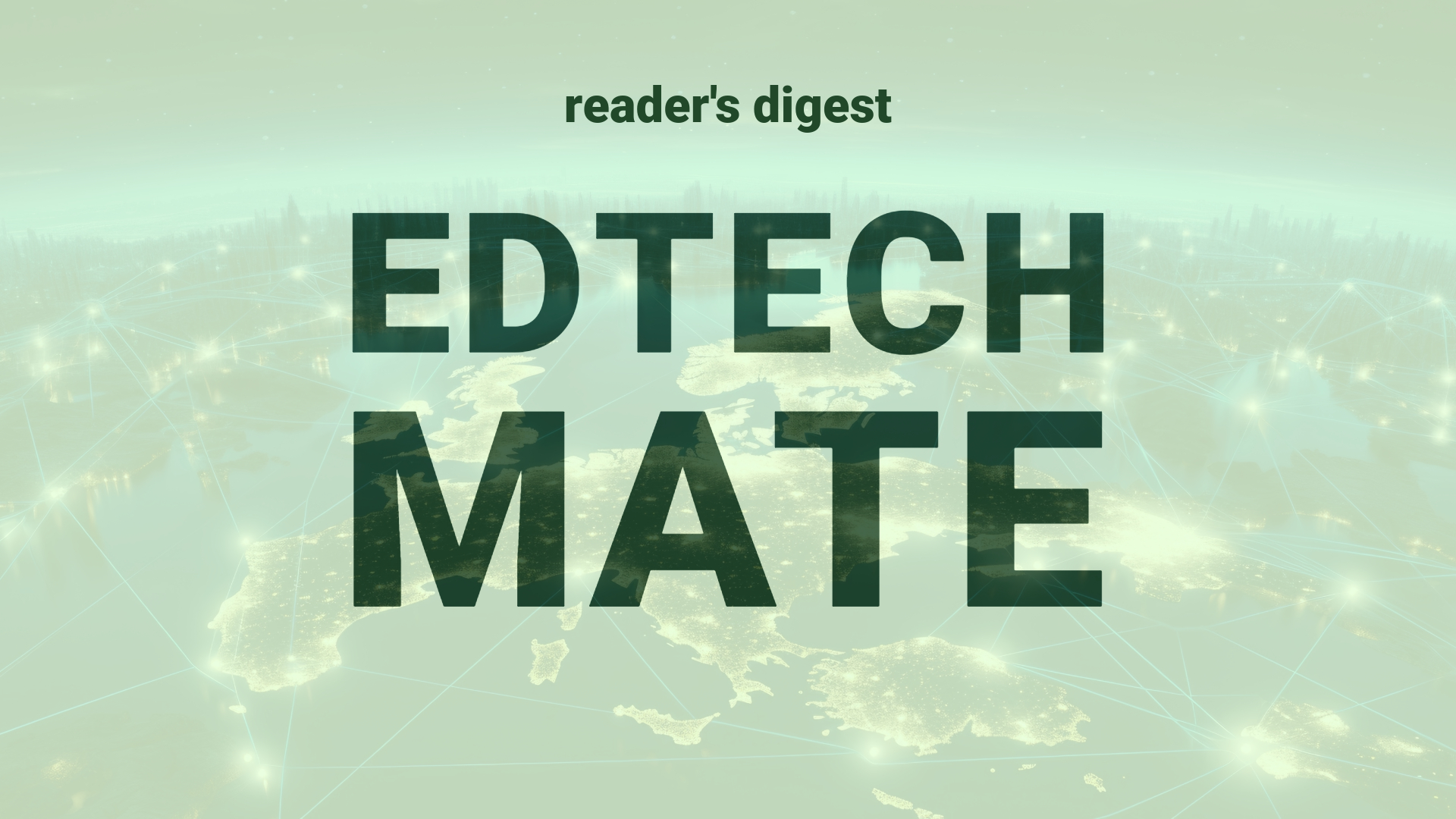“`html
Executive Summary and Main Points
The latest developments in generative AI are creating substantial advancements in various sectors with significant applicability in global higher education. Industries are leveraging AI tools such as Midjourney for rapid product design and GPT-3 for content creation, accelerating processes and increasing productivity. In software development, AI is utilized to generate code and assist with time-intensive tasks like building unit tests. The biotech field sees AI-driven innovation in protein design, potentially revolutionizing materials like bioplastics and rapid disease testing. Despite the publicized successes, organizations are beginning to recognize the strategic value of keeping certain AI applications confidential to maintain a competitive edge.
Potential Impact in the Education Sector
Generative AI carries transformative potential for Further and Higher Education, as well as Micro-credentials. The technology can streamline administrative tasks, curriculum design, and personalized learning paths, enhancing efficiency and allowing educators to focus on teaching. Strategic partnerships between edtech companies and educational institutions can revolutionize learning experiences and outcomes. AI-generated content may facilitate more dynamic learning materials, while AI in research can expedite scientific discovery and publishing, fostering a robust academic environment.
Potential Applicability in the Education Sector
AI can play a pivotal role in tailoring educational content and assessments to individual student needs, thereby improving engagement and retention. Digital tools leveraging AI can assist in plagiarism detection, grading, and providing feedback. The integration of AI in library systems and research databases can enhance knowledge discovery. Furthermore, AI-generated simulations and 3D models offer practical applications in fields like medicine and engineering, adding depth to classroom theory.
Criticism and Potential Shortfalls
Despite the promise of AI, there are inherent risks and challenges. Privacy concerns, data security, and ethical use remain top priorities, especially with student data. Dependence on AI may foster a skill gap in manual processes, and there could be cultural resistance to adopting AI within traditional educational frameworks. Comparatively, international case studies reveal varied adoption rates of AI in education, reflecting economic and regulatory disparities. It is essential to measure the impact while being cognizant of these challenges.
Actionable Recommendations
Educational leaders should consider piloting AI tools within their systems to gauge effectiveness and address unique cultural contexts. Establishing partnerships with AI firms can lead to bespoke solutions aligning with institutional goals. Investing in training for staff and students on AI tools can help realize the technology’s full potential. Lastly, formulating comprehensive data governance policies will ensure ethical use and safeguard against potential misuses of AI in education.
“`
Source article: https://www.cio.com/article/2089556/will-enterprises-soon-keep-their-best-gen-ai-use-cases-under-wraps.html

